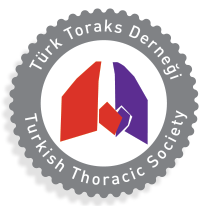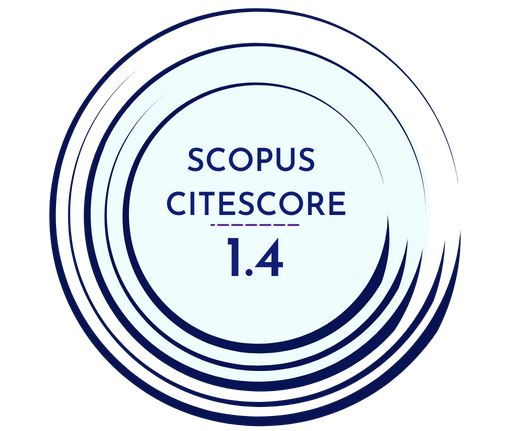OBJECTIVES: Thymus is a lymphoepithelial system in which cells responsible for the immune system are produced and directed. The aim of this study is to determine the overall survival effect of rebound thymic hyperplasia (RTH) in patients with non-small cell lung cancer (NSCLC) treated with systemic chemotherapy (CT).
MATERIALS AND METHODS: The study was designed as retrospective case series. One hundred and thirty patients who met the inclusion criteria were evaluated. Demographic data, type of tumor, and treatments administered were recorded. The frequency of RTH development and the relationship between RTH development and survival was investigated.
RESULTS: The median age of the patients was 59, and nine of 13 patients (69.4%) with RTH were iden-tified as stable disease, two patients had a partial response (15.3%), and two were evaluated as progres-sive disease (15.3%). Of the remaining 117 patients, 78 (66.6%) had stable disease, 11 (9.4%) had com-plete response, 21 (17.9%) had partial response, and seven patients were evaluated as having progressive disease (5.9%). The patients were categorized into two groups: Group 1 - without RTH and group 2 - with RTH. Thirteen (10%) of 130 patients developed RTH (group 2), while the remaining 117 (90%) patients did not have RTH (group 1). There was no difference between the two groups (59.1 years) in terms of age (p = 0.933). The RTH developed after a median time of 4.5 months (2-7 months) after CT had been administered. Overall survival was longer in patients with RTH than in patients without RTH (20.04 months) (95% CI, 4.79-35.29) vs. 10.05 months (95% CI, 8.74-11.36; p=0.049).
CONCLUSION: The developing of RTH during systemic CT may be a prognostic marker in stage 4 non-small cell lung cancer.
Cite this article as: Deniz S, Susam S, Aksel N, et al. Effect of rebound thymic hyperplasia on survival in chemotherapy-treated lung cancer. Turk Thorac J 2020; 21(5): 303-7.



.png)
